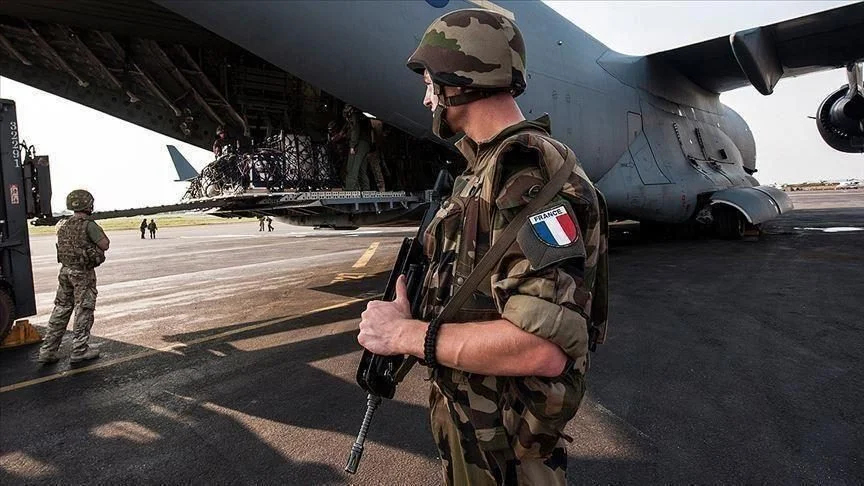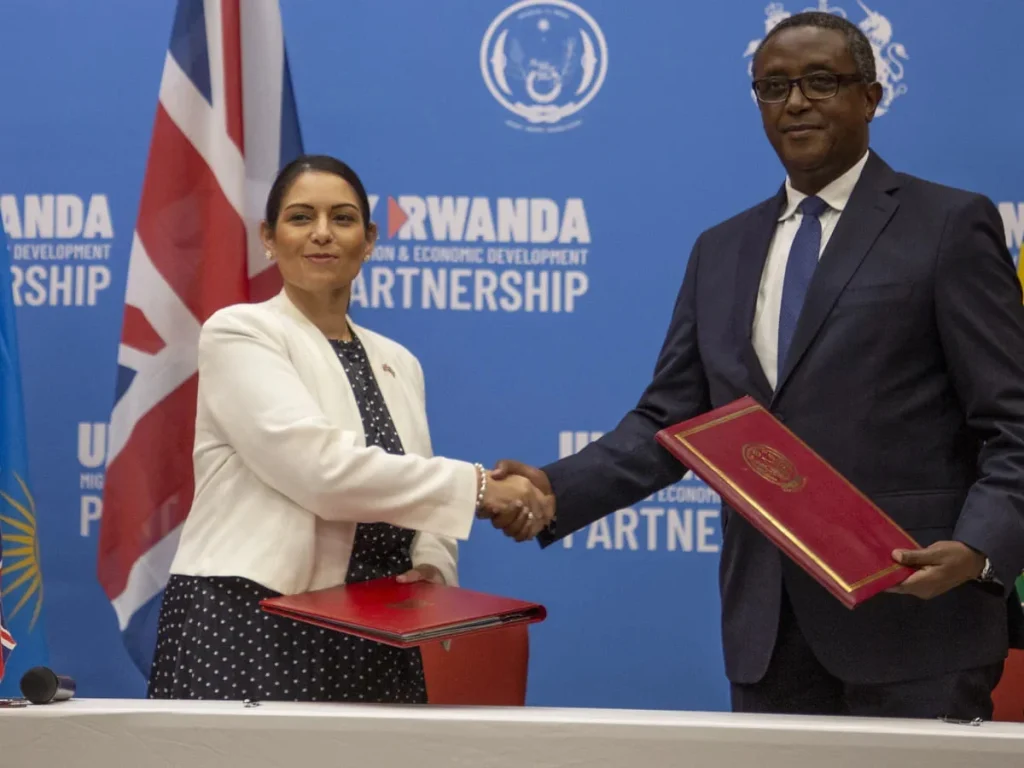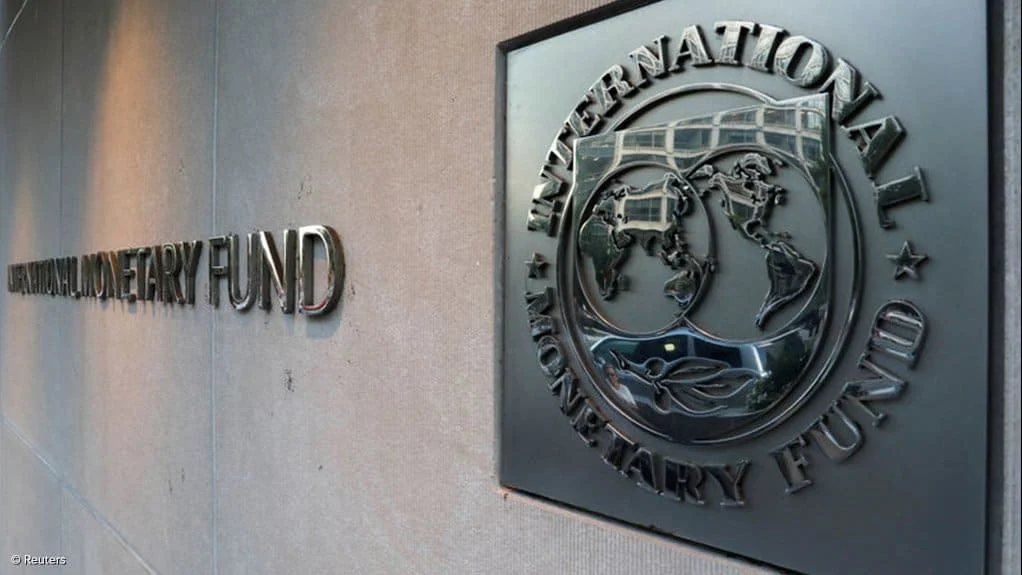Niger’s military junta has taken further steps to distance itself from Western alliances by scrapping two significant military agreements with the European Union. These agreements were established to aid in the fight against extremist violence in the Sahel region, an area plagued by terrorism and instability. The decision follows the July 2023 coup that deposed President Mohamed Bazoum and marks another escalation in Niger’s strained relationship with its former European partners.
The scrapped agreements include the EU Military Partnership Mission, launched in February 2023, and the EU Civilian Capacity-Building Mission, which had been in place since 2012 to bolster Niger’s internal security. By revoking its approval of these missions, Niger’s junta is further distancing the country from its previous role as a key security ally of the West in the Sahel, an area of strategic importance in countering jihadist groups linked to al-Qaeda and the Islamic State.
As the junta shifts its alliances, Niger has been strengthening its military ties with Russia. In a notable development, Russia’s Deputy Minister of Defense Lounous-Bek Evkourov led a delegation to meet with Niger’s junta leader, Gen. Abdourahmane Tchiani, and Minister of State for National Defense Salifou Mody. The discussions focused on enhancing defense cooperation between Niger and Russia, signaling a potential pivot towards greater reliance on Russian military support amid international sanctions.
Since the coup, most of Niger’s traditional security and economic partners, including France, have imposed sanctions and cut ties with the country. France, which had stationed 1,500 troops in Niger, was asked to withdraw its forces, reflecting the growing rift between Niger and Western powers.
Analysts believe that while international sanctions have put pressure on Niger’s economy, they have also emboldened the military government, allowing it to consolidate power and seek alternative partnerships, particularly with Russia. This shift underscores the broader geopolitical realignment occurring in parts of Africa, where countries facing internal upheaval are increasingly looking to non-Western powers for support.























